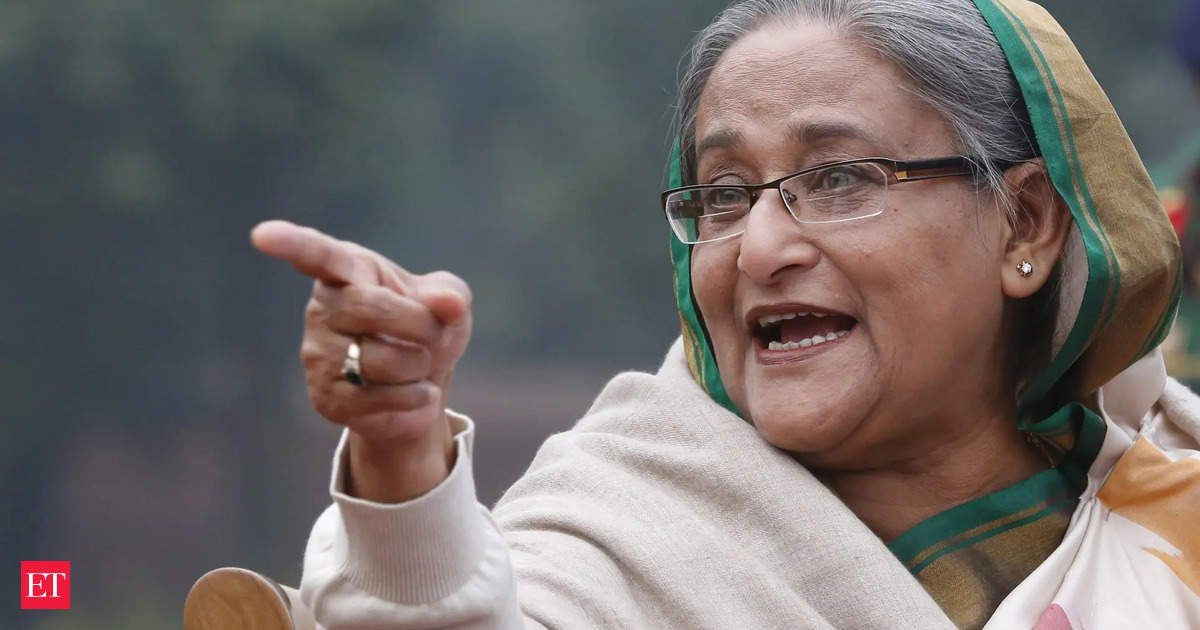Washington: There are serious concerns in the US over growing extremism in Bangladesh, a former White House official has said, observing that deposed former Prime Minister Sheikh did a good job in controlling it. Lisa Curtis, who served as President-elect Donald Trump’s South Asia point-person in his first term, has said there is concern about the future and what it could bring to Bangladesh.
“We are at a critical juncture in Bangladesh. With the overthrow of Sheikh Hasina and efforts to reform the political system, there is a lot of hope. People are hopeful that the democratic process will get stronger,” she said on Thursday.
The Awami League regime led by Hasian was toppled on August 5 in the face of a mass upsurge originating from a quota reform campaign by the Anti-Discrimination Students Movement. Three days later Nobel laureate Muhammad assumed office as the chief adviser of the interim government.
“But there’s also a lot of concern. Some Islamist extremists have been released from jails. There have been some attacks on minorities, Hindus, Christians,” Curtis, who served as National Security Council senior director for South and Central Asia from 2017 to 2021, told PTI in an interview.
“We’ve seen a history of terrorism in Bangladesh. You had the Holy (Artisan) Bakery attacks in 2016. Very serious incident. You’ve had some ISIS (Islamic State) elements in Bangladesh. Sheikh Hasina had done a good job of controlling the extremist problem in Bangladesh,” said Curtis.
There is understandably some concern that these elements return to the political scene, which would not be helpful for Bangladesh, she said.
“It would not be helpful for the region, the United States, anyone. We are at a delicate time in Bangladesh. So even though it might not be the number one priority of (President-elect) Trump, I think his team, his national security team, will have to pay attention to what’s happening (there),” she said.
Curtis also said the incoming administration should work with India, which also has concerns about the future direction of Bangladesh and is more directly impacted by what happens because of its proximity.

